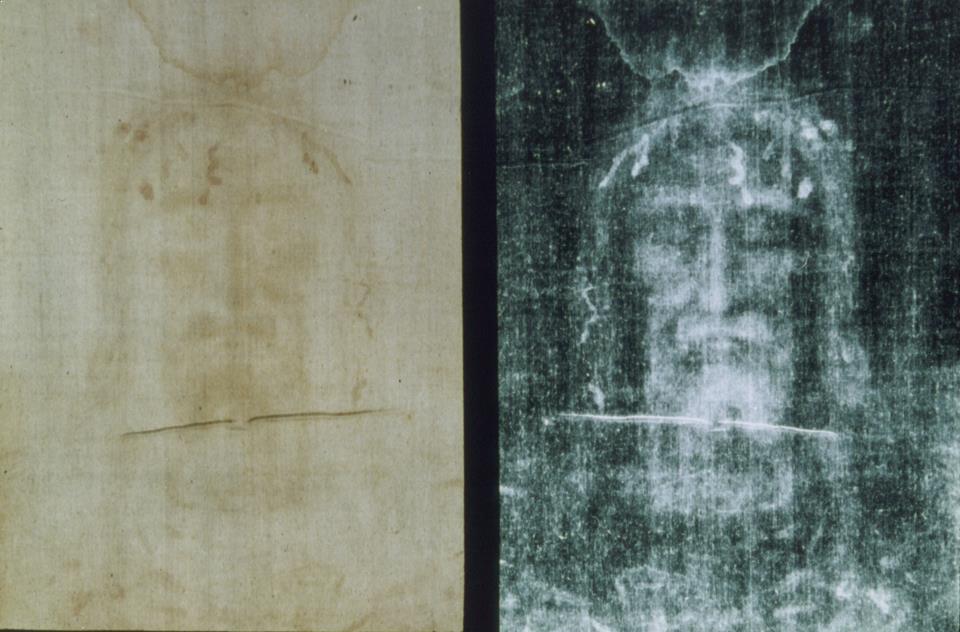

It’s the document that they have, and that document cannot be damaged. I cannot completely blame the scientists for that because the Vatican is very careful with the shroud. One of the problems with the carbon dating is that the samples were taken from the worst spot on the shroud. There are many reasons, and I discuss them in the book, but I want to be brief here. Why shouldn’t we trust the carbon dating? We have many other indications that the shroud is much older than they have claimed. The data were released, and that gave me the energy to start my research all over again to show that the carbon dating cannot be true. You’re hiding something.” And finally, 30 years later, they won that battle. So, finally, they sued the people who came up with that analysis and said, “You haven’t given us all the data. They had so many indications that the thing was much older. I could not believe that because I knew that carbon dating has a number of pitfalls, and the group that was in favor of the shroud, most of them scientists, could not believe it either. The big bummer came in 1988, when so-called scientists claimed that the shroud could not be older than the 1260s.

What drew you to Shroud of Turin research? McDonald discussed these issues with Verschuuren. Subsequent analysis of this data and comparison with the original report led Casabianca’s team to conclude that “homogeneity is lacking in the data and that the procedure should be reconsidered,” casting doubt in the results of the carbon-14 date.

Withheld for decades by the British Museum, the raw data was only released in 2017, following a freedom-of-information request by French researcher Tristan Casabianca. One of his reasons for reconsidering the evidence at this time was the availability of the raw data of the carbon-14 tests first reported in 1988. In this book, Verschuuren considers the evidence for and against the authenticity of the shroud from the twin perspective of science and faith. He now lives in New Hampshire and is using his retirement to write books about the faith and science, among them Aquinas and Modern Science, The Myth of an Anti-Science Church, In the Beginning: How God Made Earth Our Home and, most recently, A Catholic Scientist Champions the Shroud of Turin (Sophia Institute Press, 192 pages, $17.95). His wide-ranging background includes genetics, biological anthropology and statistics, but he was also awarded a doctorate in the philosophy of science, and has taught everything from the philosophy of biology to human genetics to computer programming at universities in America and Europe. Gerard Verschuuren is a Catholic biologist and philosopher who works at the junction of science and religion.


 0 kommentar(er)
0 kommentar(er)
